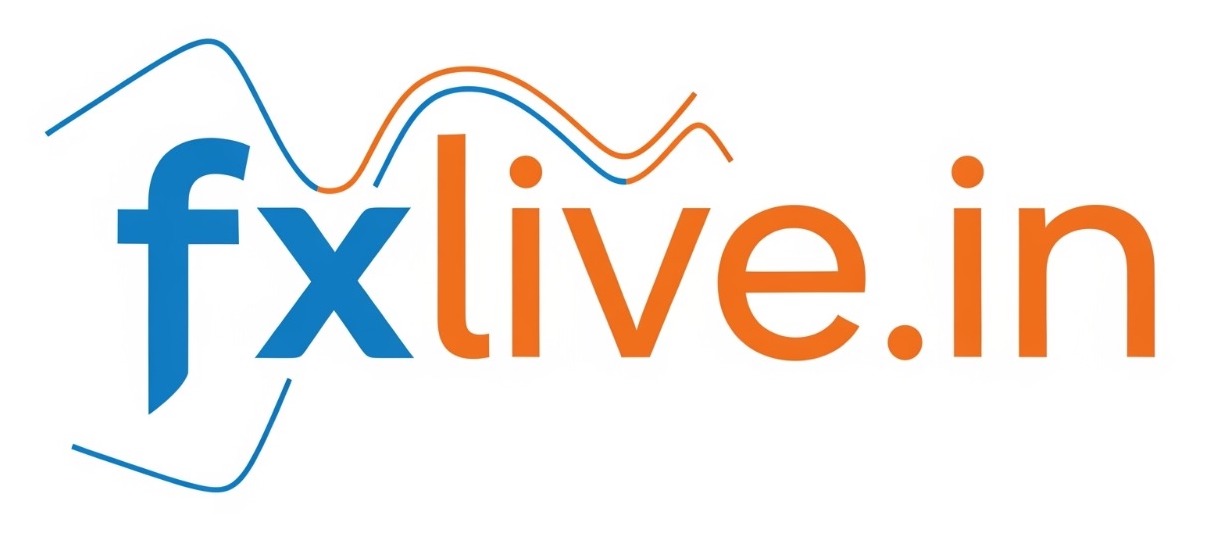Jai Siya Ram
What’s Happening: EU Sanctions & New Measures
- EU’s 18th & 19th Sanctions Packages
- The EU’s sanctions on Russia include new measures targeting oil and refined petroleum products. One of the key changes is a ban on imports of refined fuels that were made using Russian crude, even if processed in a third country (i.e. not directly in Russia).
- The EU has also lowered the price cap on Russian crude oil. The price cap has been reduced from USD 60/barrel to USD 47.6/barrel.
- Targeting Indian Refineries & Refined Fuel Exports
- Indian refineries (including those owned in part by Rosneft) are specifically mentioned among those that could be impacted.
- India exports a substantial amount of petroleum products to the EU (diesel, petrol, jet fuel). Many of these may come from Russian crude. The new rules put at risk much of this trade.
- Risk Estimates for India
- Think tanks like GTRI (Global Trade Research Initiative) and firms like ICRA warn that India’s refined petroleum product exports worth USD 14-15 billion annually are at risk.
- Specifically, about USD 5 billion of those exports (those refined from Russian crude in third countries) could get hit by the new ban.
- EU’s Position & Messaging (Carrots & Sticks)
- Sticks: Sanctions, bans on imports of refined products, price caps, restrictions on banking and shipping related to Russian oil and refined fuels.
- Carrots / Diplomatic Incentives: The EU continues to express interest in closer economic ties with India, seeing India as a key partner especially for trade, climate, investment, and strategic balance. The EU has said that while disagreements over Russian oil supply affect some trust, they still want cooperation.
What India’s Response Has Been
- Pushback & “Double Standards” Charge
- Indian officials have objected to what they call “double standards” — pointing out that many EU nations themselves have ongoing energy trade or dependencies. India has said that its purchases of Russian oil were driven by global energy supply disruptions and price concerns.
- India emphasizes energy security as a priority.
- Economic Data & Impacts
- India’s exports of petroleum products to the EU have already dropped (for example from ~USD 19.2 billion in FY24 to ~USD 15 billion in FY25) due to some of these new restrictions.
- Indian refiners are watching closely, since they benefited from cheap Russian crude (deep discounts earlier) to refine and sell fuel products to Europe. That arbitrage is being squeezed by the new price cap and bans.
Effects/Consequences for India & Trade
- Export Loss Risk: Products India refines using Russian crude may be banned from EU markets. That could cut access significantly or reduce profits.
- Refinery Operation Costs: With price caps and reduced discount margins, importing Russian crude becomes less financially attractive — may reduce margins for refiners who heavily depend on cheap Russian supply.
- Trade Relations & Diplomacy: EU is signalling that purchases of Russian crude / ties with Russia affect India-EU relations beyond commerce — trust, foreign policy, alignment in geopolitical issues (especially Ukraine).
- Need for Realignment: India may have to adjust its trade strategy — possibly reduce reliance on Russian crude, look for alternative crude suppliers or markets, adapt export products, or engage diplomatically to avoid sanctions impact.
What Isn’t Clear / Still Developing
- Whether India will get partial exemptions or waivers under some EU rules. Some European diplomats say sanctions aren’t meant to “cut off supply entirely” but to reduce revenue flows to Russia.
- How strictly the bans on refined products from third countries will be enforced at the EU border — measuring “origin” of refined products is difficult.
- Timeline of implementation of full restrictions, and whether diplomatic negotiation may delay or modify the measures.
- How India will respond with domestic policy: its foreign trade laws, export licensing, refining supply contracts, or negotiation with EU for trade deals to preserve access.
Bottom Line
- The EU is using a mix of economic penalties (“sticks”) via sanctions, price caps, bans on refined exports, and diplomatic pressure (risking trade & strategic relations) to push countries like India to limit their interactions with Russian oil.
- At the same time, the EU is offering a partnership carrot: continued economic cooperation, trade, foreign policy alignment, etc. But the tension is increasing.
- India is facing real economic risk from its exports and refining industry, but also balancing its energy security, costs, and diplomatic positioning.

